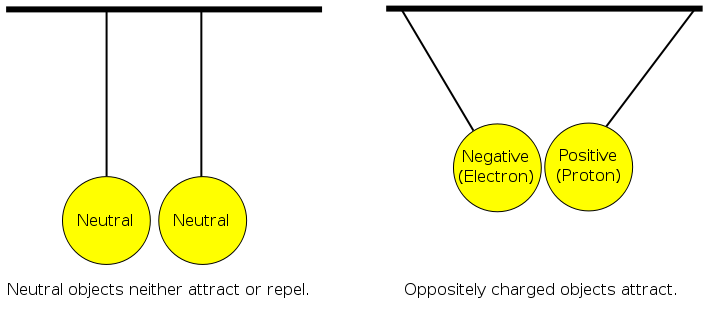Among humans opposites don't attract
We don't think this is particularly surprising but it's nice to see confirmation:
The theory that opposites attract is a myth, scientists have found, after discovering that people are only attracted to those who hold the same views and values as themselves. In a finding hailed as a ‘paradigm shift’ for the understanding of relationships, researchers found that like-minded people will be drawn together but keep their distance from those who do not adhere to their beliefs.
This is not of course a paradigm shift, it's something obvious in the very art of our society. When opposites do attract then people write long stories about it: Romeo and Juliet and the subsequent retellings, West Side Story and Grease come to mind. And it's worth noting that that first comes to a somewhat sticky end (and we would also note that whether history works as tragedy and then farce stories definitely seem to move from tragic to musical to, well, farce).
However, rather than just advice on finding an inamorata this has significant implications for social mobility. For this is what leads to assortative mating, something which has been rather changing in our society in recent decades and also something which maintains social at least, if not economic, class divisions.
It has long been true that the aristos tend to marry aristos, the bourgeoisie the bourgeoisie, the proletarians the proletarians. Whether one thinks this good or bad it simply has been. However, it was also largely true that people married into one earner households. This somewhat limited income inequality when measured by household.
The situation is now rather different. People are marrying later and picking their mate from those they know at that sort of age. This means that we now tend to have lawyers marrying lawyers, professionals professionals, workers workers and so on. And most of us end up in two earner households: perhaps with a gap for the arrival of children but the majority of women do indeed work. This is leading to rather greater income stratification when we measure by household. For we end up with two professional income households, two middle income households, two worker income households and of course, down there at the bottom, single income households and none.
We entirely agree that there have also been other reasons for increasing income inequality: greater returns to education and globalisation for example. But at least some part of that increased inequality has come from the change in who we generally marry. Like has always attracted like: but rather more than used to be of this country it's less cultural or class like and now more economic like which is doing so. That's going to increase economic stratification.
There's also absolutely nothing at all any society with any pretensions to freedom or liberty can do about this. Not that we would want to but there's definitely those out there who would abjure any inequality stemming from any reason at all. We're not going to allow the State to interfere in that most personal of decisions, who we're to snore with for the next 50 years, nor can there be any justification at all for taxation on the basis of that choice (there's good reason why taxation is at the level of the individual, not the household). For this cause of inequality at least there is absolutely nothing at all that can or will be done.
We don't mind this at all, our political philosophy is based upon chacun a son gout anyway. But everyone else is just going to have to put up with it too.

